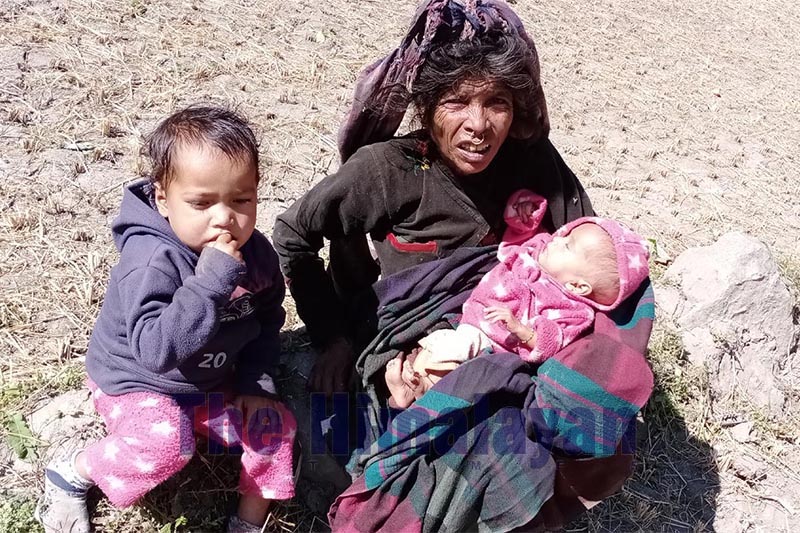Pact to enhance quality of services for kids inked
Kathmandu, December 6
The Government of Finland and UNICEF have expanded their partnership for children in Nepal through programmes in sectors such as education, water, sanitation and hygiene.
At a function organised in Kathmandu today, Ambassador of Finland to Nepal Pertti Anttinen and UNICEF representative in Nepal Elke Wisch, signed a partnership agreement for the next three years, committing eight million euros to enhance quality of services for children in Nepal.
While Nepal has achieved significant progress in people’s access to education, water and sanitation services in recent decades, it has not been able to ensure quality and inclusive education. Likewise, 71 per cent households relying on contaminated sources for drinking water has challenged the quality of WASH services.
The partnership will support a range of early childhood, basic formal education and adolescent non-formal education interventions with strong focus on improving quality, safety and inclusiveness, particularly for children from different background and for children with disabilities. WASH interventions will aim to provide universal access and water safety to the people of the remotest part of the country, read a joint press release issued by the embassy and UNICEF.
“The core goal of Finland’s development policy is to eradicate extreme poverty and to reduce poverty and inequality. Finland’s actions strive to promote and ensure the rights of children and the most vulnerable, notably the disabled, are taken account of in all our activities and women and girls are better educated and have better skills. Finland also strives to ensure availability and sustainable management of water and sanitation for all. The country wants to support both the enabling environment and community-level work. It is crucial to reach the unreached and leave no one behind when it comes to education and water sanitation,” said Anttinen.
“The partnership with the Government of Finland will go a long way in bringing safe water and sanitation to the most marginalised communities and in creating an enabling environment to equip today’s children with knowledge and skills they will need to contribute to the development of their country,” said Wisch.






